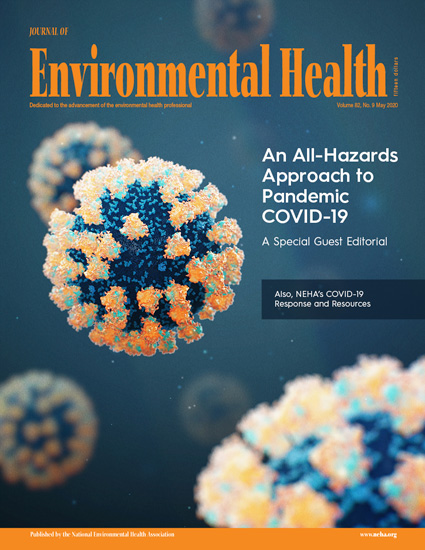种族主义是环境健康差异和环境正义中的一个公共卫生问题:努力寻找解决办法
IF 5.3
2区 环境科学与生态学
Q1 ENVIRONMENTAL SCIENCES
引用次数: 0
摘要
美国的环境健康研究表明,少数种族和少数族裔以及社会经济地位低下的群体成员在家庭、工作场所和邻里环境中接触有害环境的负担过重,影响了他们的整体健康和福祉。系统性种族主义是造成这些过度暴露和相关健康影响的根本原因。为了给当前的环境正义工作注入活力并提供信息,同时提高人们对环境种族主义的认识,美国国家环境健康科学研究所(NIEHS)举办了一次研讨会,社区领袖、学术研究人员和 NIEHS 工作人员在会上交流了观点,并讨论了如何为今后解决健康差异问题的工作提供信息。分享学术研究人员与社区合作解决全美环境种族主义问题的最佳实践经验;概述 NIEHS、其他联邦机构以及任何有兴趣开展或资助解决环境种族主义问题和促进所有社区健康公平研究的人的关键需求和未来行动。通过这次与社区领袖和由国家环境与健康研究中心资助的研究人员的研讨会,我们了解到,学术界与社区之间的合作关系为解决环境种族主义问题带来了巨大的希望;然而,仍然存在着深刻的障碍。为了克服这些障碍,需要将研究成果转化为通俗易懂的语言和保护健康的干预措施。此外,还需要对联邦机构目前的资助机制和培训计划进行结构性改革。我们还了解到,利用技术进步开发能够保护公众健康的创造性解决方案非常重要。本文章由计算机程序翻译,如有差异,请以英文原文为准。
Racism as a public health issue in environmental health disparities and environmental justice: working toward solutions
Environmental health research in the US has shown that racial and ethnic minorities and members of low-socioeconomic groups, are disproportionately burdened by harmful environmental exposures, in their homes, workplace, and neighborhood environments that impact their overall health and well-being. Systemic racism is a fundamental cause of these disproportionate exposures and associated health effects. To invigorate and inform current efforts on environmental justice and to raise awareness of environmental racism, the National Institute of Environmental Health Sciences (NIEHS) hosted a workshop where community leaders, academic researchers, and NIEHS staff shared perspectives and discussed ways to inform future work to address health disparities. To share best practices learned and experienced in partnerships between academic researchers and communities that are addressing environmental racism across the US; and to outline critical needs and future actions for NIEHS, other federal agencies, and anyone who is interested in conducting or funding research that addresses environmental racism and advances health equity for all communities. Through this workshop with community leaders and researchers funded by NIEHS, we learned that partnerships between academics and communities hold great promise for addressing environmental racism; however, there are still profound obstacles. To overcome these barriers, translation of research into plain language and health-protective interventions is needed. Structural changes are also needed in current funding mechanisms and training programs across federal agencies. We also learned the importance of leveraging advances in technology to develop creative solutions that can protect public health.
求助全文
通过发布文献求助,成功后即可免费获取论文全文。
去求助
来源期刊

Environmental Health
环境科学-公共卫生、环境卫生与职业卫生
CiteScore
10.10
自引率
1.70%
发文量
115
审稿时长
3.0 months
期刊介绍:
Environmental Health publishes manuscripts on all aspects of environmental and occupational medicine and related studies in toxicology and epidemiology.
Environmental Health is aimed at scientists and practitioners in all areas of environmental science where human health and well-being are involved, either directly or indirectly. Environmental Health is a public health journal serving the public health community and scientists working on matters of public health interest and importance pertaining to the environment.
 求助内容:
求助内容: 应助结果提醒方式:
应助结果提醒方式:


